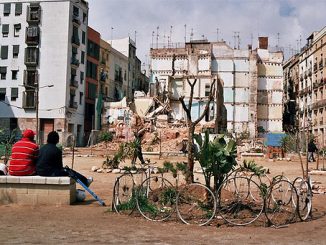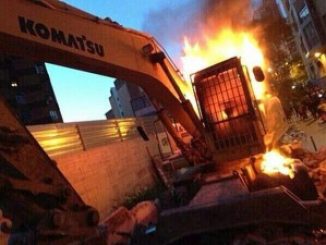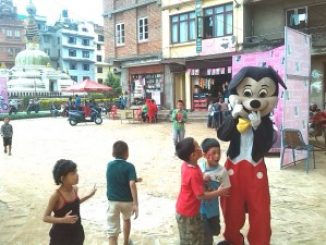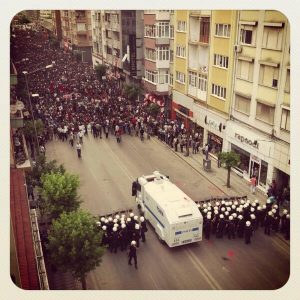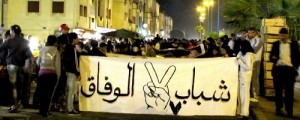
A dead city
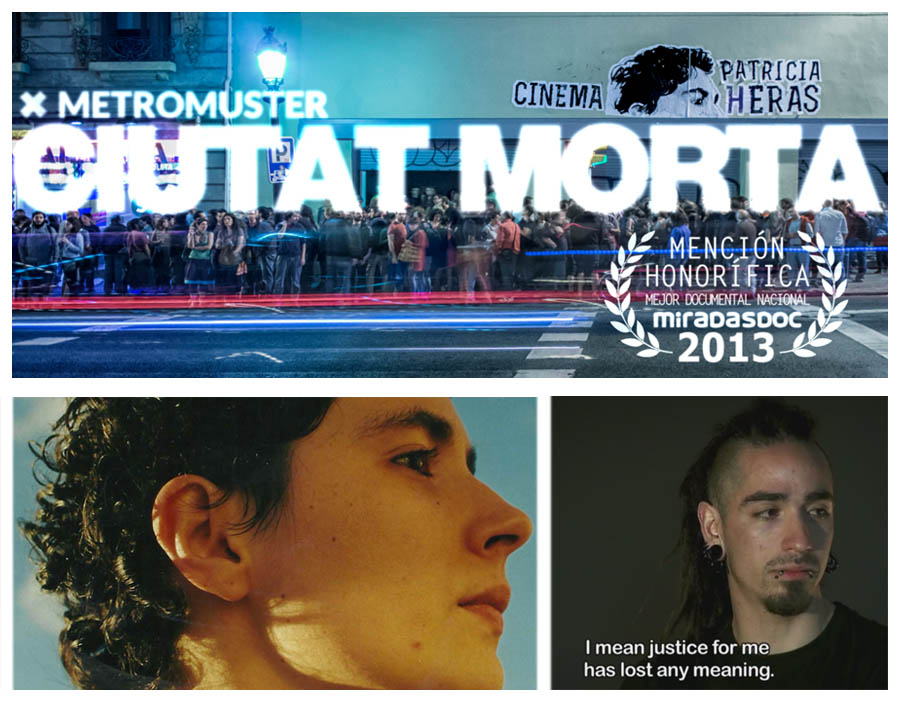 Like chinese boxes, this documentary not only brilliantly shows the institucional and political corruption behind the police-orchestrated hoax known as ‘4F’, which began on February 4th, 2006 in Barcelona’s calle Sant Pere Més Baix, but it also extends in a coil the understanding of horror to wider levels of society: from the police, to the judges, to the press, to social services, to the city council, to gentrification, in brief, to power in itself. Like before Joaquim Jordà’s De Nens (2003), now Ciutat Morta leads us from a particular history to the deep and terrifying comprehension of the general, of society, of the city. To the memory of Patricia Heras, the dead poet.
Like chinese boxes, this documentary not only brilliantly shows the institucional and political corruption behind the police-orchestrated hoax known as ‘4F’, which began on February 4th, 2006 in Barcelona’s calle Sant Pere Més Baix, but it also extends in a coil the understanding of horror to wider levels of society: from the police, to the judges, to the press, to social services, to the city council, to gentrification, in brief, to power in itself. Like before Joaquim Jordà’s De Nens (2003), now Ciutat Morta leads us from a particular history to the deep and terrifying comprehension of the general, of society, of the city. To the memory of Patricia Heras, the dead poet.
- “4F with names and surnames: a reflection on police, the judiciary, the press and the politicians, during the suffocating silence prior to the broadcasting of ‘Ciutat Morta’“, Jesus Rodríguez in La Directa, 21/1/2015
- “Something stinks in Barcelona“, Argelaga review, 27/1/2015
- Two petitions to sign: for the reopening of the case, and for the resignation of the Judge that seems to have written the verdict before holding the trial.
- Webpage of the movie. It is the same producer of No-res: vida y muerte de un espacio en tres actas, on the demolition of Barcelona’s Colònia Castells neighborhood.
- The mayor of Barcelona presents an award for the directors, but they do not take it: ¿how can they accept it from the same hands that have caused all this story?
